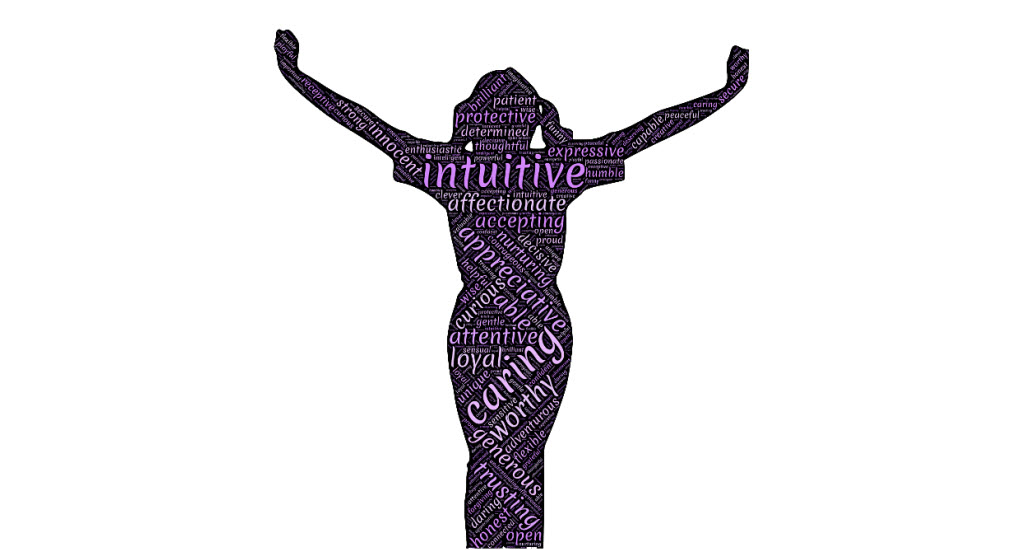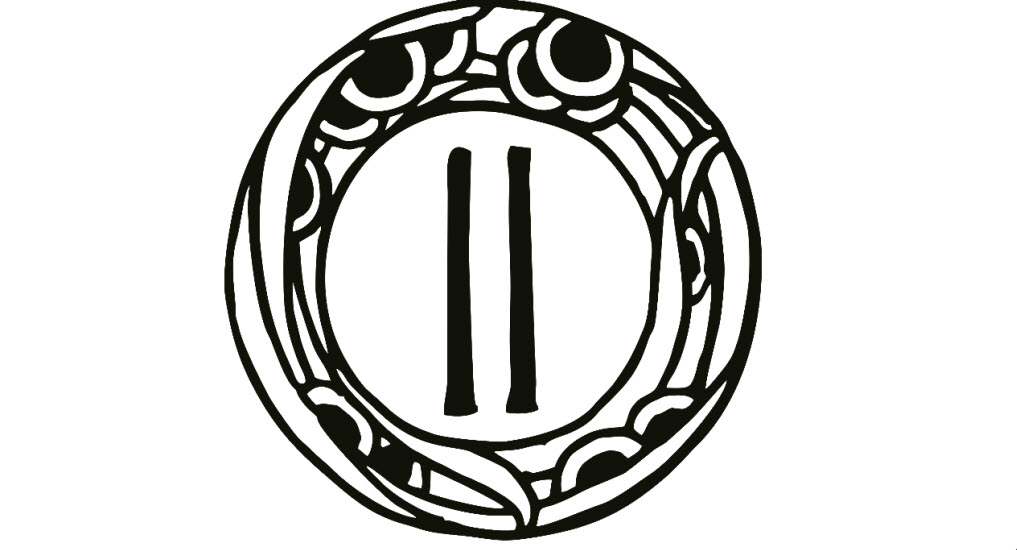
Lightly In The World
Quote to Ponder:
This came across my desk from a friend. It is entitled, “Lightly”.
Aldous Huxley was the renowned 20th-century intellectual who wrote the book, “Brave New World”, a dystopian vision of the future. Later in his life he came to regret one thing: how “preposterously serious” he had been when he was younger.
“There are quicksands all about you, sucking at your feet, ” he ruminated, “trying to suck you down into fear and self-pity and despair. That’s why you must walk so lightly. Lightly, my darling … Learn to do everything lightly. Yes, feel lightly even though you’re feeling deeply.” Aldous Huxley
Reading through this quote, I was struck by how Aldous Huxley was able to take a step back from himself and truly examine his thoughts, feelings and behaviour over time. After such scrutiny, he was able to admit to himself and others that he was way too serious about life! Any of you who have read, “Brave New World” know that it isn’t a walk in the park. There is no glimmer of hope or light to be found. I always thought it odd that our high school insisted upon this book as Required Reading. What did they think we were in for after graduation? (They also insisted on Dostoyevsky’s book, “Crime and Punishment“, but we’ll save that one for another time!).
To admit to the world that your approach was wrong (or at the very least, not helpful), speaks volumes. Intense self-examination and exploration PLUS a healthy dose of life experiences often finds us questioning earlier beliefs, behaviours and motivations. It is all information – but what we choose with this information is what really matters. To decide to take another approach means we are prepared to try for a different result – a different way of being. Nothing will change unless we start with ourselves.
What stops people from taking the plunge into intense self-exploration and examination? Several factors might play a part. Fear of what they might find is often at the top of the list. If you find something that isn’t in your best interest or for the highest good for all, then you have choices: continue on as you have been and get the same results you’ve always had or admit your part in this and begin to set a new course towards something more healthy and helpful. This might intensify the fear, because change itself creates anxiety. And anxiety is fuel for fear! So this is where the old adage, “Feel the fear – do it anyway” can help get you started.
Another reason why someone doesn’t look at themselves objectively might be that they see it as being critical of themselves. This can negatively affect one’s self-esteem and self-worth. The thing is to not be critical or punitive with yourself, but to be observant and lovingly honest with yourself. This is a gift you give yourself in order to improve your world and increase your joy! If there is a thought, feeling or action that is impeding your joy, why wouldn’t you want to remove it and replace it with something wonderful for yourself?
One other factor could relate to Ego. The Ego says, “How dare anyone suggest that I am not perfect? Or that my thoughts, feelings and actions are not perfect?” Rigid or inflated Egos make it difficult for a person to enter into honest self-exploration. These Ego types do not want to acknowledge that there could be personal flaws or mistakes. If there is a problem, it will not be with them! Although these types of Ego structure and function might find short-term happiness and relationship harmony, it will not be sustained. There needs to be more softness so that the flow of life changes can be made successfully.
Go Lightly in this world so that seriousness does not overwhelm you. Remember these words from “Desiderata” by Max Ehrmann:
“Take kindly the counsel of the years, gracefully surrendering the things of youth. Nurture strength of spirit to shield you in sudden misfortune. But do not distress yourself with imaginings. Many fears are born of fatigue and loneliness. Beyond a wholesome discipline, be gentle with yourself.”
Lightly, gently and with joy. You deserve nothing less.





Recent Comments